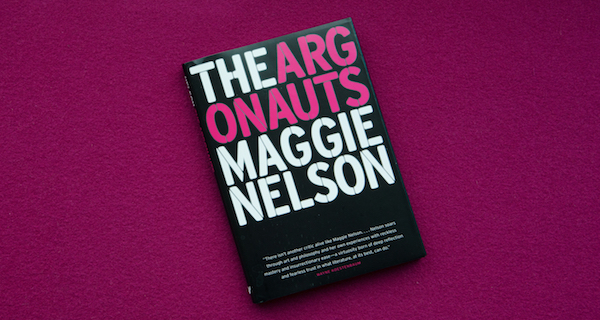
In Donald Barthelme’s short story “See the Moon,” from his collection Sixty Stories, the narrator says, “Fragments are the only forms I trust.” This is one of those moments when I read something that articulates me in a way I’ve never before fully articulated. And yet, when I look around my apartment, I realize I am surrounded by the fragments of a life lived. From hunks of coal stolen out of an abandoned mine in the Arctic to a single reptilian glass eye to a glow-in-the-dark star ripped from its plastic constellation. I trust fragments because they ask new interrogating questions about the nature of wholeness—wholeness (or perfection), a thing that I increasingly distrust because, in my opinion, there is no such thing; Salvador Dali famously said, “Have no fear of perfection—you’ll never reach it.” In my experience, fragments are more about what is present whereas wholeness is more about what is absent. And yes, a fragment is more jagged, but when you grab hold of it (versus, say, holding a tennis ball), your hand remembers how it feels long after you have let go of it.
I mention this Barthelme quote because it kept running through my mind the first time I read Maggie Nelson’s The Argonauts as well as Sarah Manguso’s 300 Arguments. Both texts, while fairly different in their rhetorical goals and executions, are told in fragmentary forms. This is a very conscious choice on both authors’ parts: to engage with the audience in short bursts of brilliant insight rather than put readers in a slogging motion through a thicker tome of theoretical or narrative chaff. One of Manguso’s fragments even explicitly states: “Think of this as a short book composed entirely of what I hoped would be a long book’s quotable passages.”

Both The Argonauts and 300 Arguments are, however, deceptively simple in this form. It’s easy to breeze through fragments because they are so deftly digestible, so swiftly relegated to pithy aphorisms and incomplete (see: unmemorable) thoughts. But these texts’ short forms belie a much deeper investigation into the adequacy of language to understand identity. Early in The Argonauts, Nelson writes:
Before we met, I had spent a lifetime devoted to Wittgenstein’s idea that the inexpressible is contained—inexpressibly!—in the expressed. This idea gets less air time than his more reverential Whereof one cannot speak thereof one must be silent, but it is, I think, the deeper idea. Its paradox is, quite literally, why I write, or how I feel able to keep writing. For it doesn’t feed or exalt any angst one may feel about the incapacity to express, in words, that which eludes them. It doesn’t punish what can be said for what, by definition, it cannot be. Nor does it ham it up by miming a constricted throat: Lo, what I would say, were words good enough. Words are good enough.
Words are good enough, yes, because no one word is complete. No one word encapsulates the whole of language. Each word is fragment of the larger whole. And combining words together makes more interesting fragments, more kaleidoscopic shapes of sound, more jagged constructs.
Manguso addresses this same subject with a somewhat contrary tack:
Nothing is more boring to me than the re-re-restatement that language isn’t sufficiently nuanced to describe the world. Of course language isn’t enough. Accepting that is the starting point of using its capacity. Of increasing its capacity.

Considering both Nelson’s and Manguso’s insights, I don’t think we’re left with opposing viewpoints; rather, both authors have a hopeful eye toward the potential for language to name the unnamed thing. And this deals fundamentally with the nature of fragments because we have to start naming the world piece by piece, fragment by fragment, rather than name all things all at once under one umbrella word. When I look around my apartment—coal, eye, star—I don’t try to encompass all the fragments inside one term; to do so would be to slight every part’s individual ability to inhabit the world on its own (albeit jagged) inherited terms. This is the power of Nelson’s and Manguso’s texts: they treat each thought and passage as something worthy of its own expression and not simply necessary to the larger book’s purpose or effect. And perhaps most astutely, Manguso writes regarding this focused treatment: “To call a piece of writing a fragment, or to say it’s composed of fragments, is to say that it or its components were once whole but are no longer.”
Perhaps this is why Barthelme’s narrator trusts fragments more than anything else: It is perception that turns them into fragments, and it’s the capacity of language that makes them whole.
Lighthouse instructor Alexander Lumans will teach Reading as a Writer: The Hybrid Forms of Sarah Manguso and Maggie Nelson starting March 22. Lumans holds an MFA from Southern Illinois University Carbondale, and his fiction has appeared in Gulf Coast, Story Quarterly, American Short Fiction, and The Normal School, among others.

